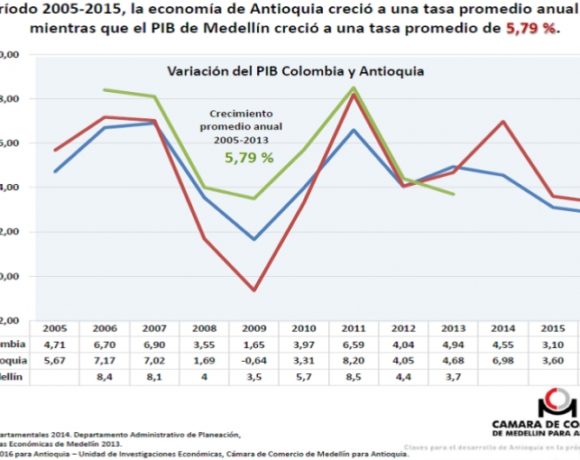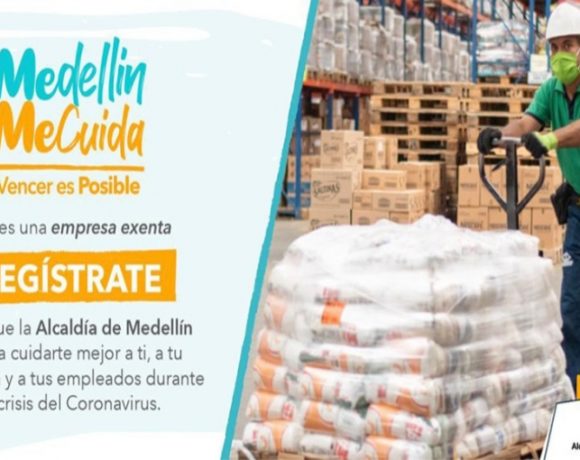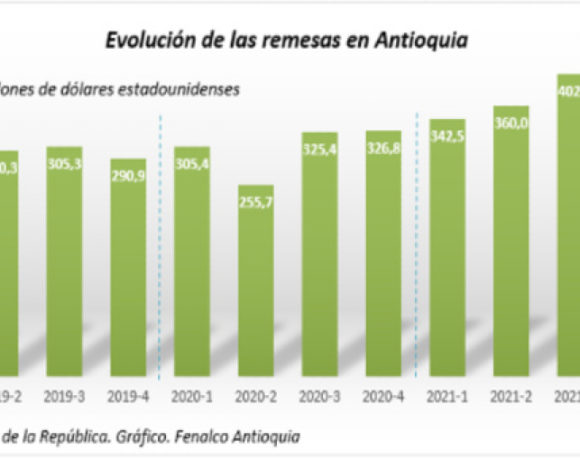Antioquia, Colombia Cut-Flower Exporters See Mother’s-Day Rebound Despite Crisis

The east-of-Medellin “Oriente” region — second only to Cundinamarca in Colombia’s gigantic cut-flower export industry – aims for a sales rebound for the upcoming May 10 annual “Mother’s Day” demand surge typically seen in North America, Europe and parts of Asia.
As noted in an April 14 bulletin from Asocolflores (the national flower-producers’ trade association), the Colombian government granted flower producers and exporters some limited exemptions from the national Coronavirus quarantine.
However, these partial exemptions also include extra-strict health protocols for workers at production and shipping sites, as well tougher restrictions on the number of workers allowed on company buses typically used for transport.
“President Iván Duque extended mandatory preventive isolation until April 27 due to Covid-19, but maintained the exceptions that allow the floriculture sector to operate,” noted Asocolflores president Augusto Solano.
“Our farms continue to work under strict health and hygiene measures, which implies higher operating costs because, for example, company buses are traveling with half the number of people they normally transport,” Solano said.
Meanwhile, latest figures on the evolution of the Coronavirus crisis indicate that Colombia is not only doing better than many other nations, but also beating its earlier, more pessimistic projections. Because of this, “the government hopes to begin a gradual and careful opening of the rest of the economy” in the coming months, Asocolflores noted.
In the meantime, “Colombian flower growers already have production and logistics in place to meet demand from different countries, which for the most part continues to be the United States, Japan and now some European countries,” according to the trade group.
Beyond preparing for the annual export surge for Mother’s Day, Colombia’s flower producers are also helping to address the Coronavirus crisis in Antioquia and elsewhere in Colombia, according to the group.
Among those efforts: donation of four Intensive Care Units (ICU) for Cundinamarca and Antioquia; donations to subsidize the purchase of an ambulance for Rionegro, Antioquia; delivery of Coronavirus detection tests for the small tropical-flower-growers’ region; and distribution of food packages for poor families.
In addition, “Asocolflores also delivered 120,000 stems of flowers to nine hospitals in Bogotá, Medellin and small towns in Cundinamarca to celebrate International Health Day on April 7,” according to the trade group.
















